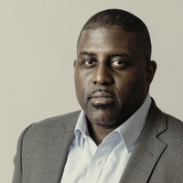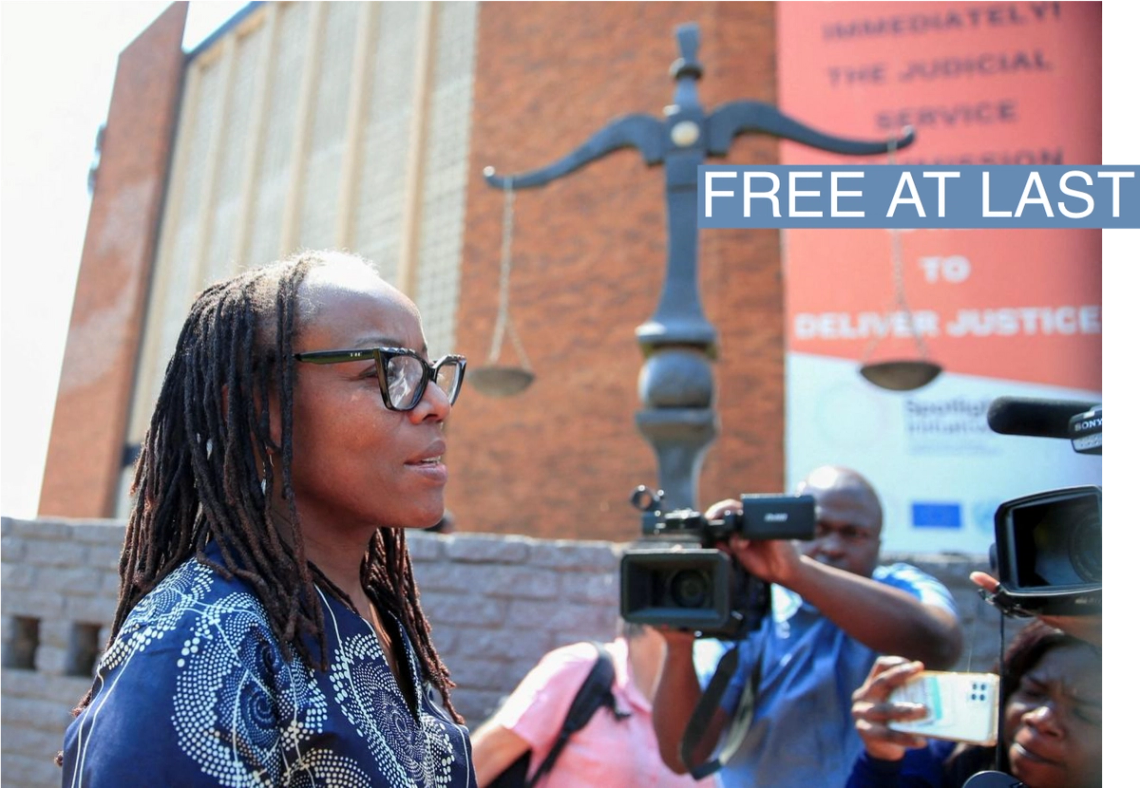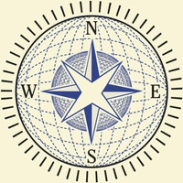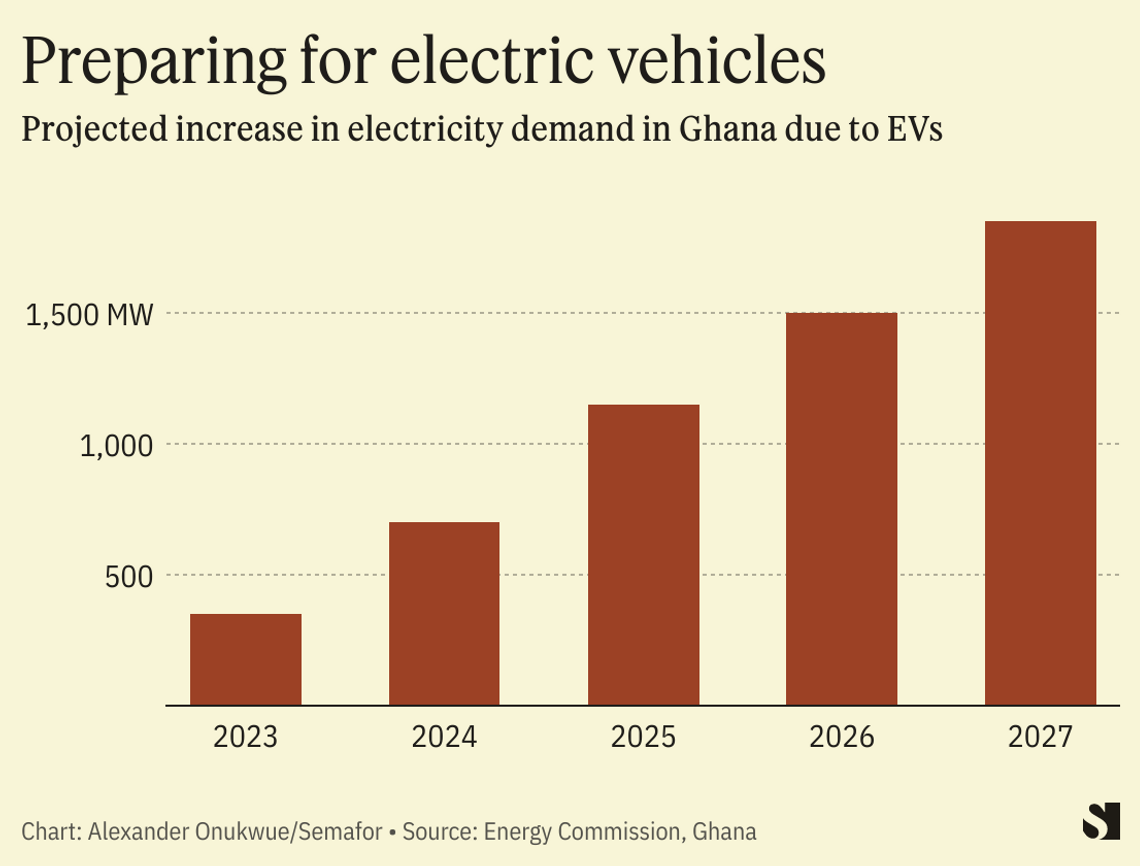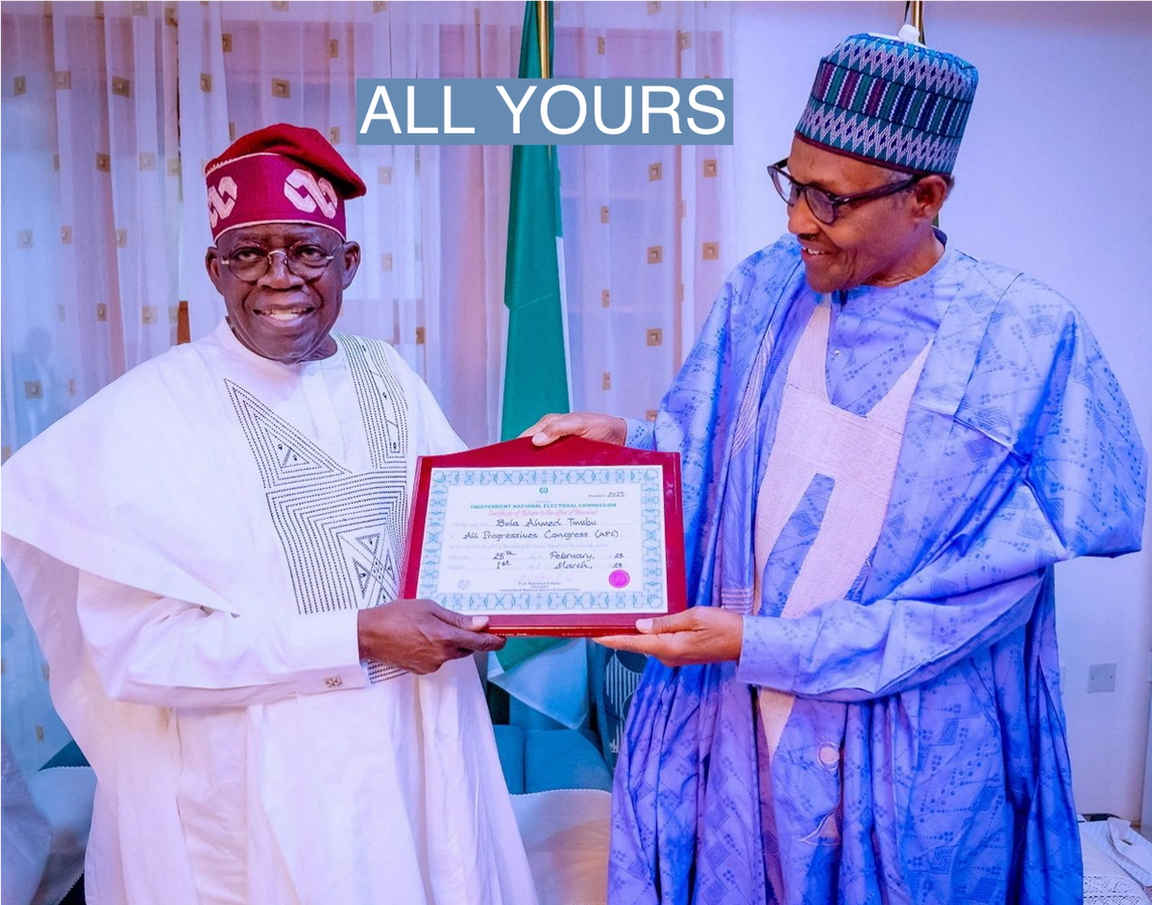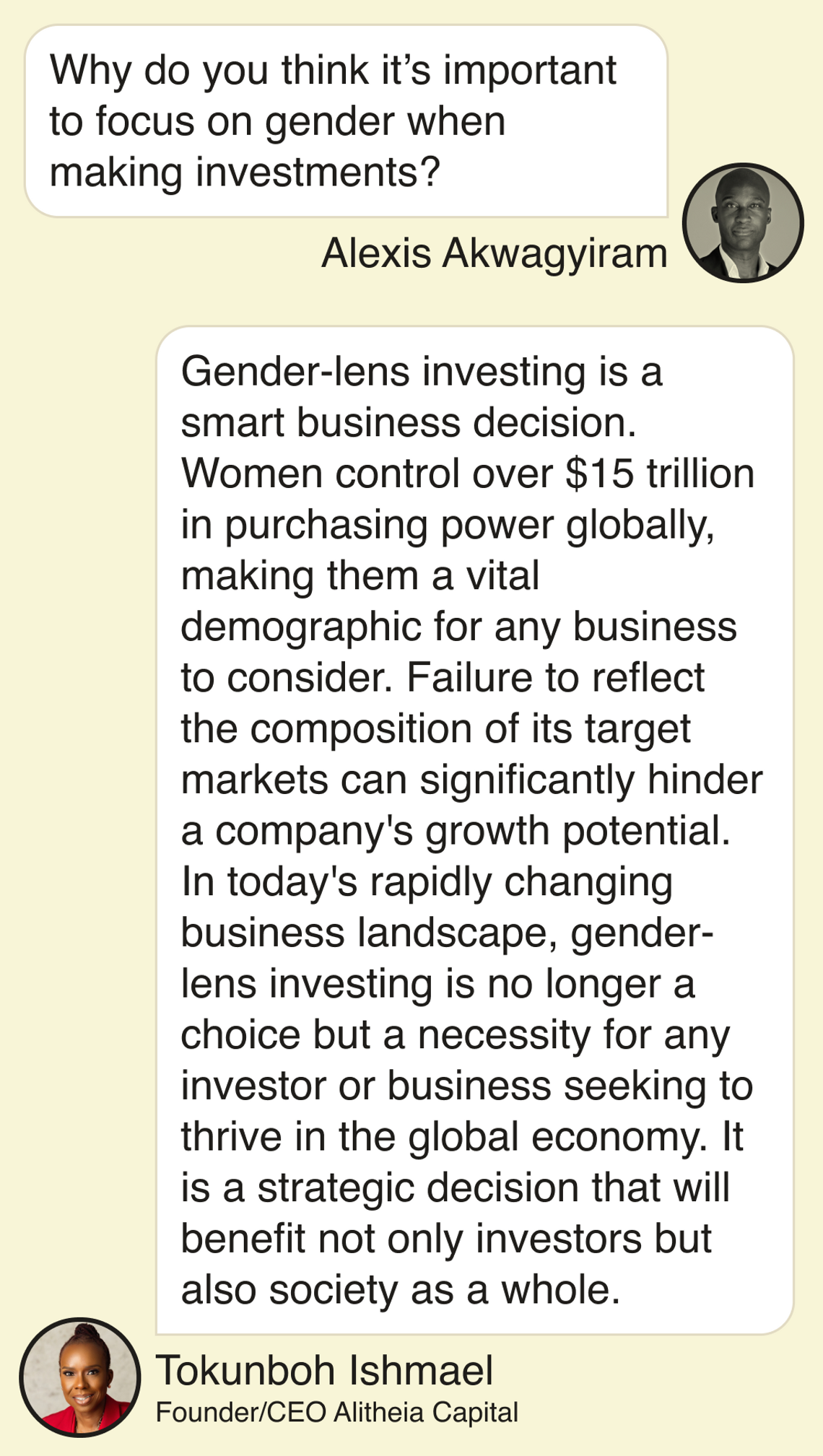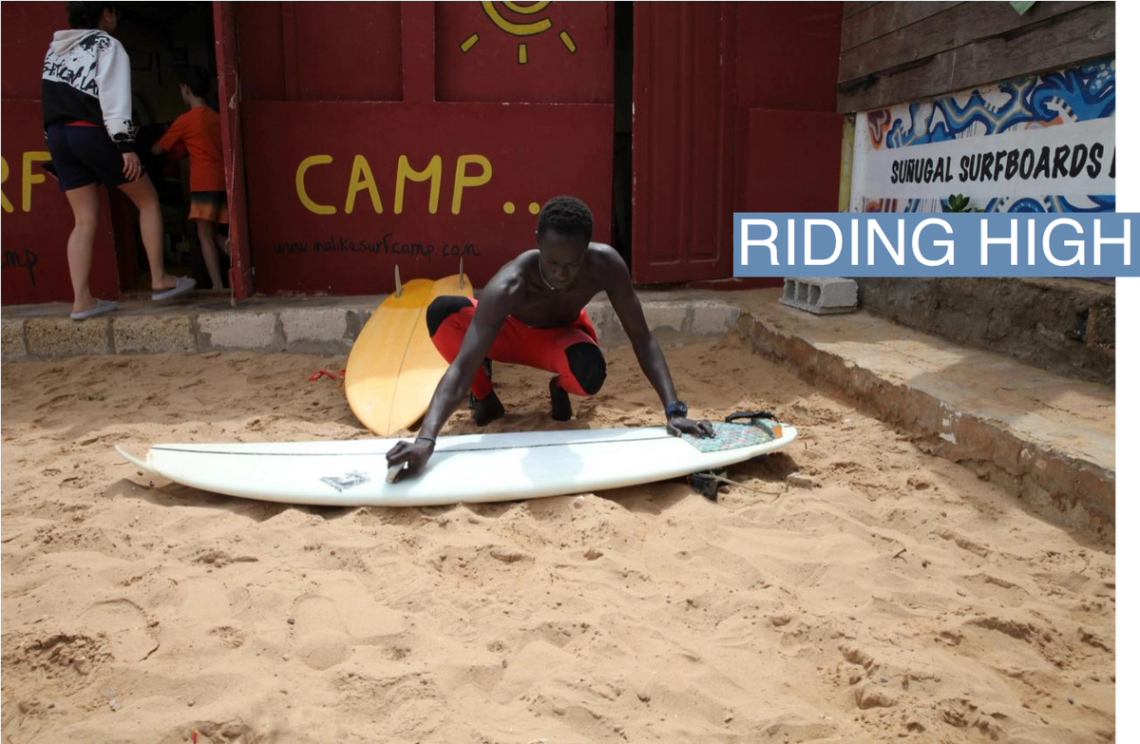THE SCENE 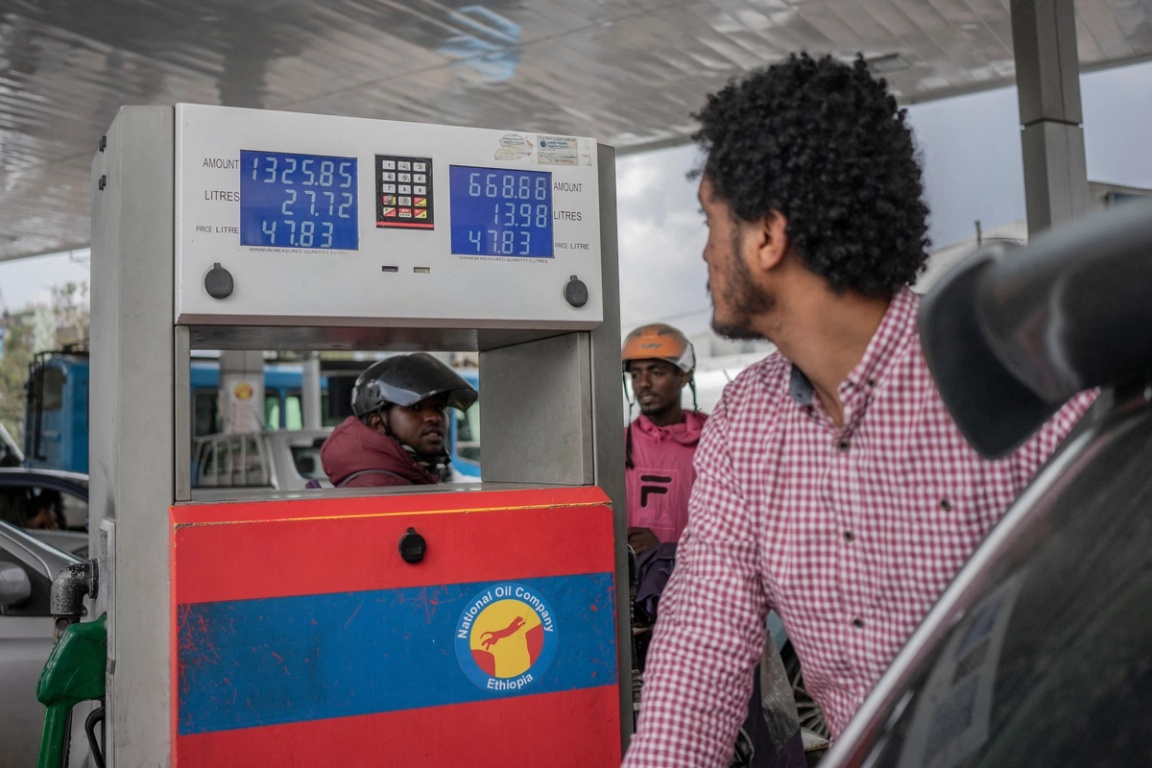 Credit: Amanuel Sileshi/AFP via Getty Images Credit: Amanuel Sileshi/AFP via Getty ImagesADDIS ABABA — Long lines at gas stations aren’t rare in the capital of Ethiopia; there are often shortages of fuel. But the lines two weeks ago weren’t fuel-related; they were cash-related. A new government-mandated cashless payment system snarled traffic as drivers found themselves spending hours grappling with account activation, forgotten passwords, and system failures. And while drivers say the system has improved since then, it’s still far from seamless. Drivers and industry watchers Semafor Africa spoke with were also irritated by the government’s decision to push the use of telebirr, the mobile money platform run by the state-owned telecom giant Ethio Telecom, crowding out possible smaller rivals. KNOW MORE Ethiopia, like many African countries, is trying to shift the economy from a cash-based system to a digital one. The goal is to boost financial inclusion among its citizens, increase its tax base over time because digital transactions are easier to track, and boost economic growth overall in the continent’s second largest country by population. One way it’s doing that is by requiring digital transactions with the government, part of its first-ever National Digital Payments Strategy, published in 2021. An IT official at a federal institution, who asked not to be named as a public worker, said that their department had currently integrated telebirr exclusively into its system but is working on adding other state owned channels. KALEAB’S VIEW Telebirr’s current monopoly harks back to Ethiopia’s old habits as a protectionist state. In the two years since its launch, telebirr has acquired over 31 million subscribers and facilitated more than 379 billion birr ($7 billion) in transactions as of March 23. During that time, competitor Safaricom, which entered the telecoms market in 2021 as part of Ethiopia’s liberalization of the telecom sector, was shut out of mobile payments; it was only granted a mobile money license today. It marks the first time a foreign investor has been granted a mobile money license in Ethiopia. The Kenyan company said it had spent around $150 million to win that approval, on top of the $850 million for the telecommunications license. That effectively provided telebirr with a head start to solidify its position before Safaricom’s M-Pesa’s arrival. The early preference for telebirr could also put other digital payment providers, especially Ethiopia’s homegrown fintech firms, at a disadvantage. Ethio Telecom wields considerable influence and can more easily overcome the country’s lengthy and complicated bureaucratic processes to integrate payment methods compared with local startups. This could handicap Ethiopia’s fintech sector and wider economic development. ROOM FOR DISAGREEMENT Telebirr’s dominant position has been partly achieved through advanced technology, its extensive reach, diverse use cases, and competitive pricing, said Tewodros Tassew, a local fintech consultant. “The notion that telebirr’s success is solely due to government favoritism overlooks these key factors,” he said. THE VIEW FROM LAGOS Nigeria’s introduction of redesigned currency notes before general elections earlier in the year was an indirect move to further a cashless policy drive, but instead it sparked widespread frustration which we saw across the country. At the peak of the crisis in February, multiple bank branches I visited had scores of anxious residents forming long queues around cash dispensing machines desperate to withdraw the small amounts of cash available because most food and bus vendors do not collect payments digitally. The lines were just as long at gas stations due to the drastic reduction in cash collection. Normalcy finally returned in March after the Supreme Court overruled the central bank’s restrictions on the use of cash. — Alexander Onukwue NOTABLE - Over two-thirds of the federal budget is spent on procurement in Ethiopia. Starting from the next fiscal year, the government has also mandated that all federal institutions must use electronic means for purchases.
| 
